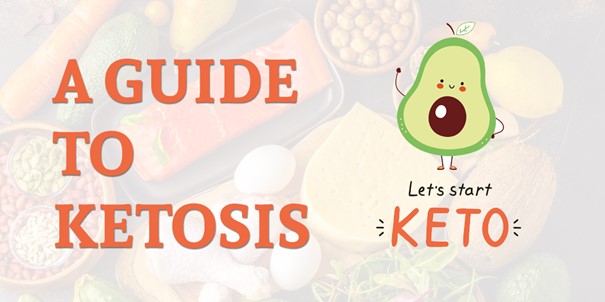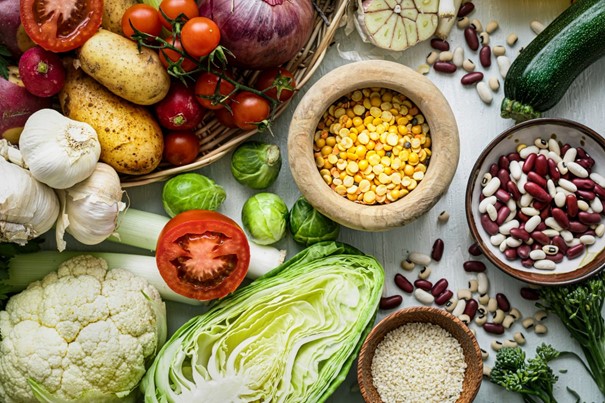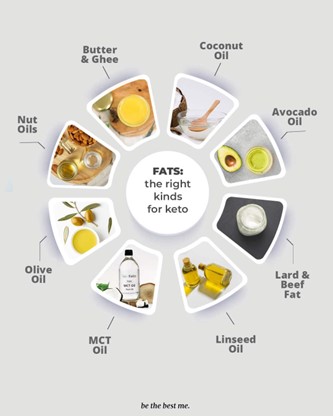Nonalcoholic steatohepatitis (NASH) is a form of liver disease that is characterized by the accumulation of fat in the liver, inflammation, and liver damage that can progress to cirrhosis or liver cancer. Studies have shown that the prevalence of NASH is increasing worldwide, and it is becoming a significant public health issue.
We will discuss the relationship between NASH and macronutrients, which include carbohydrates, proteins, and fats.
Carbohydrates: They serve as a primary source of energy for the body. However, consuming an excessive amount of carbohydrates can lead to obesity and insulin resistance, which can increase the risk of developing NASH. According to a study published in the Journal of Liver Disease, high carbohydrate intake, especially from refined sources like sugar and white bread, can increase the likelihood of developing NASH. The study also found that a high-carbohydrate diet can cause dysbiosis, which is an imbalance of gut bacteria that can lead to inflammation in the liver.
Proteins: These macronutrients are essential for building and repairing tissues in the body. However, consuming too much protein can also increase the risk of developing NASH. A high protein diet can lead to an increase in ammonia and other toxic by-products that can cause liver damage. Additionally, a high protein diet can increase the risk of developing insulin resistance, which can contribute to the development of NASH.
Fats: They also represent a necessary component of a healthy diet, but consuming too much of certain types of fats can contribute to the development of NASH. Saturated and trans fats are particularly harmful, and diets high in these types of fats have been linked to the development of NASH. However, unsaturated fats like those found in nuts, seeds, and fish can have a protective effect on the liver and may help prevent the development of NASH.
As you have seen, the relationship between NASH and macronutrients is complex. While each macronutrient has its own unique role in the body, consuming an excess of any one macronutrient can lead to the development of NASH. A balanced diet that includes whole foods and limits refined carbohydrates, saturated fats, and trans fats can help prevent the development of NASH. Additionally, regular exercise and weight management can also be beneficial in reducing the risk of developing NASH.
“DietSensor Nash” for iOS (download here) is a nutrition coaching app specialized in Nash to help patients affected by the disease tackle and if possible reverse it. It provides daily guidance, meal plans, a meal generator to match your preferences, nutrition education, macronutrient tracking, and a chat with a dietitian. It starts at the price of $49 to make sure anybody has access to its science-backed content.
References:




